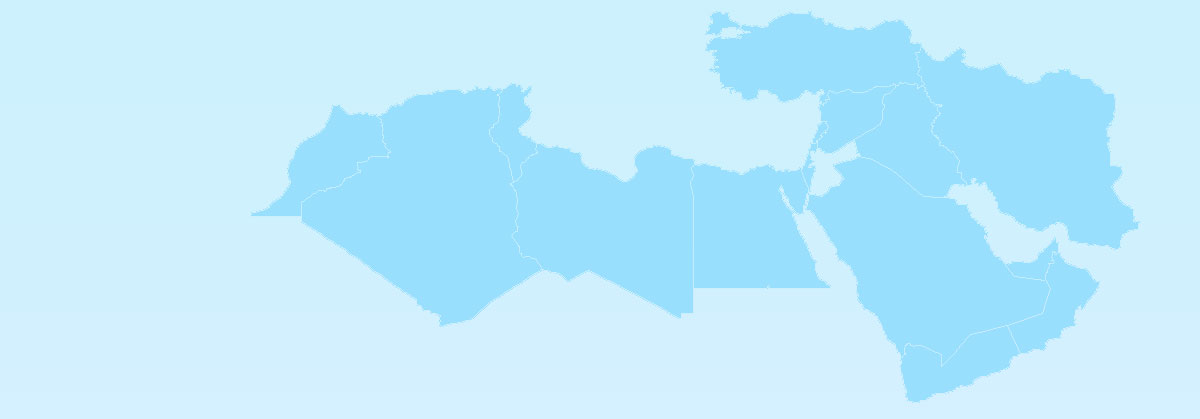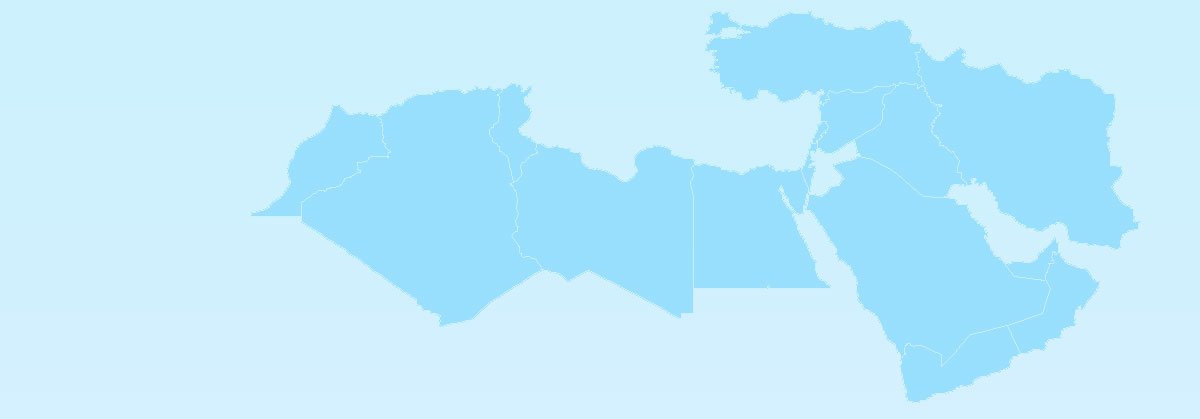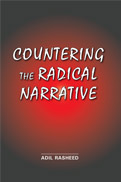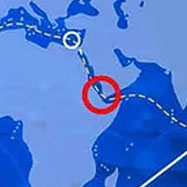About Centre
The West Asia Centre seeks to cover issues, themes and countries of the region which are undergoing rapid political transformation impacting the political and security situation of the region and beyond. Popular protests demanding political and economic reforms and the subsequent fall of some long ruling authoritarian rulers and the rise of Islamists to power have significantly changed the region’s political landscape. GCC-Iran rivalry, Shia-Sunni sectarian conflict, external intervention in the region, and the rise of religious radicalism have further aggravated the situation. The Centre is closely following the unfolding internal political developments in individual countries as well as the regional political scenario.
The historical shifts in the region and domestic political developments will have a significant impact on India’s external environment. With huge stakes in the region such as energy, trade and safety of Indian citizens in the region, it has become important for India to carefully watch developments taking place in its ‘extended neighbourhood.’ These and other related issues are being focused upon by the scholars at the Centre. The Centre continues to hold regular bilateral dialogues with some leading think tanks in West Asia thus facilitating exchange of ideas and perspectives.
Current projects being pursued in the Centre are:
Members
-
Research Fellow
-
Research Analyst
-
Associate Fellow
Events
Monday Morning Meeting on Saudi-Iran Relations: Between Continuing Friction and Frozen Talks
Report of Monday Morning Meeting on “Decoding Turkish Foreign Policy Recalibration”
Members
-
Research Fellow
-
Research Analyst
-
Associate Fellow






















Shia Militarism Upstages Salafi Jihadism in West Asia
Shia Iran and its proxies have captured Sunni Arab support, notwithstanding the Arab Spring sectarian carnage a decade ago.